Organ Donation: An Act of Generosity That Transforms Lives
Give thanks on Thanksgiving
For those who expect an organ transplant, their life clings to hope and those who live today after receiving an organ donation, thank the one who had this act of extraordinary kindness with them
By: Edda Pujadas
“Organ donation is an act of extraordinary human generosity.” With this phrase, the surgeon physician Nicolás Brozzi, who is part of the team of the Transplant Institute of the Jackson Memorial Hospital and the University of Miami, summarizes the importance of living afterlife.
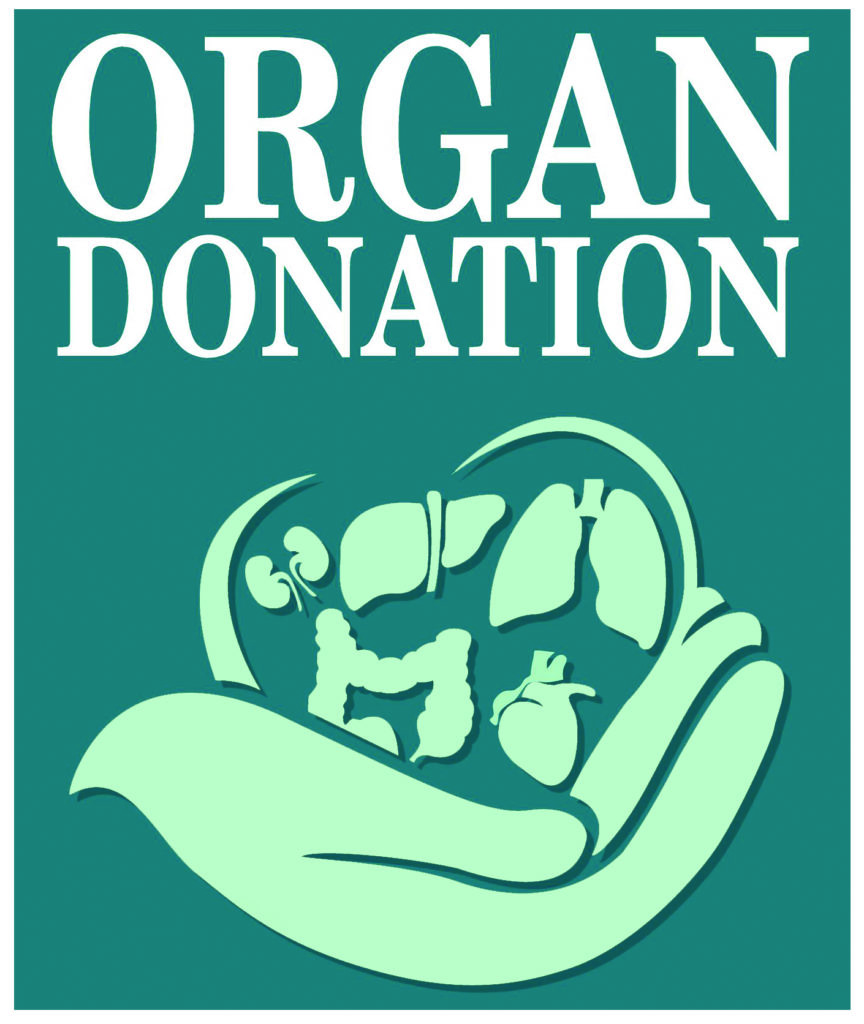 And it is at this time that we celebrate Thanksgiving, nothing more noble than reflecting on organ transplantation, seen from both perspectives: from the possibility that each of us has to bring someone more to life and from the gratitude of those who were recipients of an organ that allowed them to overcome their diseases and get their lives back.
And it is at this time that we celebrate Thanksgiving, nothing more noble than reflecting on organ transplantation, seen from both perspectives: from the possibility that each of us has to bring someone more to life and from the gratitude of those who were recipients of an organ that allowed them to overcome their diseases and get their lives back.
Dr. Brozzi has not only been conducting organ transplants for more than 10 years, he is also an active promoter of the importance of organ donation. To promote these, he relies on the statistics of the Institute of Resource Management and Health Services of the United States that indicate that there are more than 113,000 people in the national transplant waiting list.
Of the people who are on the waiting list, two in three are over 50 years old, about 2,000 are under 18 years of age and more than 59% belong to ethnic minorities. These figures also indicate that every ten minutes a name is added to the national transplant waiting list, approximately 22 people die every day waiting for a transplant in the United States.
Human generosity has also provided good news because on average, every day there are 95 transplants being performed in our country. 2018 has been the year when the largest number of organ transplants has been performed reaching a figure of 36,528 completed transplants. It should be noted that 2018 is the sixth consecutive year in which this figure is consistently on the rise.
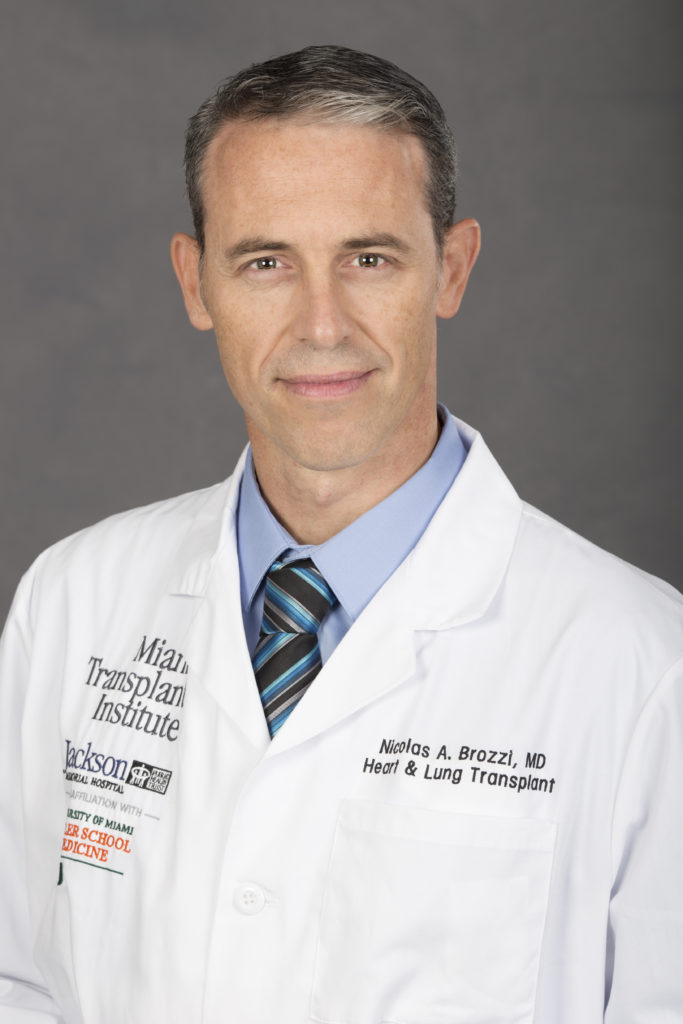
An organ donor can save eight lives because he can donate up to eight organs: heart, two lungs, liver, pancreas, two kidneys, and intestines, which is the best example of giving life afterlife. With regard to living organ donors, during 2018 there were 6,900 transplants from people that are still alive.
The Transplant Institute of the Jackson Memorial Hospital and the University of Miami, where Dr. Brozzi does surgery, was recently classified as the second largest transplant center in the United States. Therefore, his experience in this hospital allows him to explain that the organ donation process is strictly governed by laws and is done under extreme medical supervision.
“While we understand that there are religious convictions that conflict with organ donation, it is important to stay away from prejudices and fears about transplants. No doctor will allow that one of his patients dies because he is an organ donor. Our mission always is to save lives.”
For Dr. Brozzi, most people are sensitized to organ donation when they or someone in their family gets sick and needs an organ. “We must really reflect on this topic and understand that we are committed to helping and that there is no more valuable gift than the gift of life.”
“Providing life expectancy to another person is so great that it helps the families to cope with the pain of grief and alleviate the pain of losing a loved one. Mitigating the suffering of others helps to heal our own sadness and makes us recipients of infinite gratitude.” Says Dr. Brozzi.
The following three stories of gratefulness are an example of everything that an organ donation can achieve.
“MAMI, I WILL BE RIGHT BACK”
“Mommy, I’ll be right back.” This was the phrase that Idalio Rivero used to say to his mother every time he had to have surgery for liver problems, because, despite the multiple complications he had to suffer, he always maintained faith in God and the hope that he would still be alive.
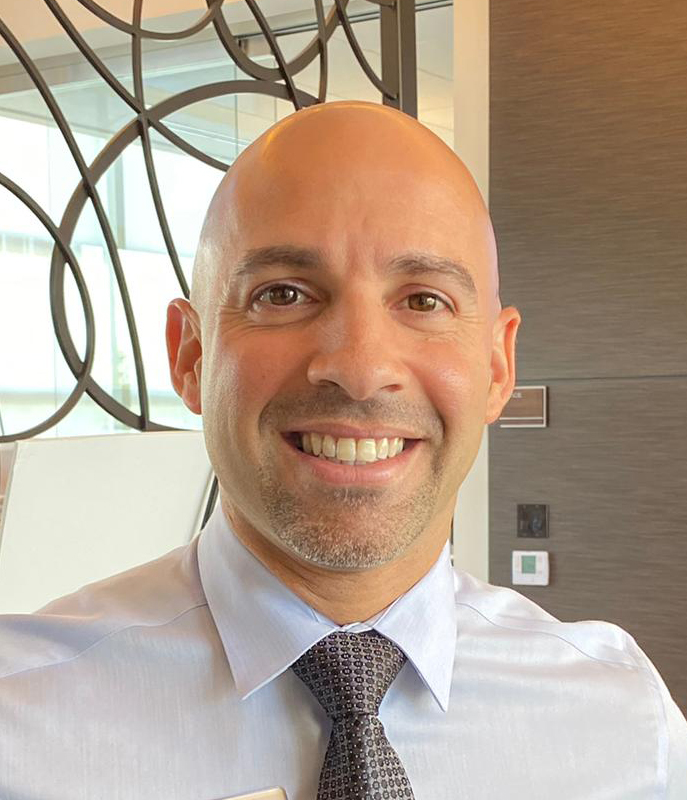
“Everything started nine years ago, when I was in Kentucky, I felt a pain in my groin and I noticed that a little cyst was starting to grow. The little cyst ended up being evidence that I had a cirrhotic liver in stage 4, that was not working anymore, not responding to any treatment and that I needed an urgent transplant”, Idalio tells us.
Idalio, who was 29 years old at the time, entered a waiting list and his life depended on the call from the Jackson Memorial Hospital. He received the call six months later. “Even though they called me, they told me they had a liver that could work for me, but that I was second in line and they needed to check if the liver was compatible with a seven-year-old girl who had priority on the list.”
Idalio comments that these are moments of very hard reflections and decisions and that even at the cost of his own life, he maintained hope that the girl could receive the organ. “Because God’s ways are wonderful, the little one was compatible with the liver and in less than 24 hours another liver was available for me.”
Unfortunately, after 18 hours of surgery and several days of painful recovery, Idalio’s body rejected the liver, he had to be undergone surgery again and this time the doctors gave him only one week to live, so he went home. “Even so I did not lose faith, I remember that one day I was feeling so bad, that in my thoughts I said to God: I need you now.”
“Within half an hour we received a new call from the Jackson Memorial Hospital saying that they had another liver for me. This time no doctor wanted to conduct the surgery because they all thought that I was going to die during the procedure, but Dr. Andreas Tzakis, to whom I will be eternally grateful, decided to go ahead with the surgery and he saved my life.”
After a year of recovering and going from 40 to just four pills a day, today Idalio Rivero is a strong and healthy man, who in addition to thanking the person who donated the liver and their families, wants to transmit the message about the importance of organ donation. “It is a blessing that is in our hands, to be able to give someone else the opportunity to live.”
“IF YOU WANT TO RECEIVE, YOU HAVE TO BE WILLING TO GIVE”
Maylen Blardonis suffered from polycystic kidneys, a genetic disease inherited from her father’s genes, both she and her brother suffered from this condition. Her brother, even when he was also able to get an organ transplant, due to his health condition at that time, was unable to survive. Time is a determining factor in preserving the lives of these patients.
In 2014, one of the cysts exploded causing irreversible damage to Maylen’s kidney, it was at that time that she was included in the transplant waiting list. “Being on a waiting list is very hard. It is a wait without a schedule, no time, it wreaks havoc in your brain and your feelings and affects the whole family.”
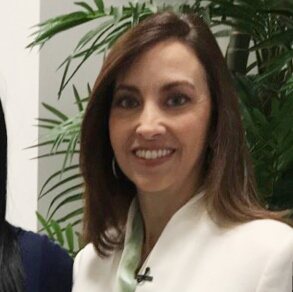
Originally, Maylen only needed a kidney transplant and fortunately, she had a friend who had decided to donate one of her kidneys and was fully compatible with her. Unfortunately, her case got complicated and in addition to a kidney transplant, she would also need a liver, for this reason, the wait continued.
When she started getting the calls from the Jackson Memorial Hospital about the possibility of organs, the news was not always good. “On one occasion, they told me I was second on the list, I went to the hospital, but the first person received the transplant and I had to keep waiting. This depressed me a lot.”
In May 2015 she received a second call. This time she was the first in line in the list, but the donor’s relatives need time to think about the donation and they were not ready to take that decision. After this new frustration, Maylen had little hope, but her friends’ prayers never ceased and only one day later, it was finally her time.”
Eventually, Maylen received a liver and kidney at the Cleveland Clinic, Dr. Andreas Tzakis was the doctor performing the surgery. “After having received two organs, I want to thank those who were and are donors. Anyone may need to be included in a transplant list because a medical condition or accident can change your life in a second. If we want to receive, we must also be willing to give.”
“I believe that if anyone has doubts about becoming an organ donor, they can think of me. When we die, we cannot take our organs, however, another person can live because of them. Unfortunately, there are many misconceptions and myths about organ donation that prevents potential donors from registering, while thousands of people die each year waiting for an organ that never arrives,” Maylen reflects.
“LIFE CONTINUES THROUGH OTHER PEOPLE”
A tumor on his liver almost ends the life of Julio Ferreira. Fortunately, a liver transplant, the kindness of the donor and his family, and the medical care allowed Julio to keep on thanking for the opportunity to live and tell us his story.
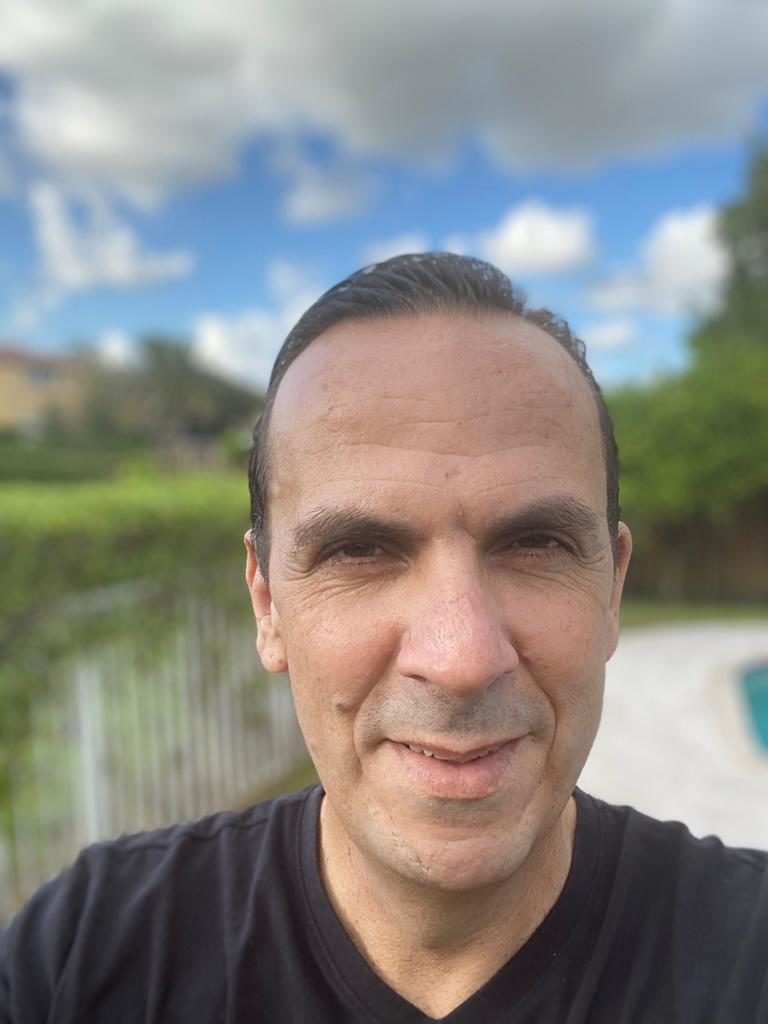
After receiving localized chemotherapy and without any alternative avenues for improvement, a liver transplant became the only option to Julio’s cure, for this reason, he entered the transplant waiting list, his health status was so grave that he was even the top priority in this list.
The road was not easy, as the first transplant was not successful, and Julio’s physical conditions worsened. “My body was very damaged, what made me suffer the most was not being able to share with my family, enjoy their company, play with them, etc. so the new wait was a stage of much suffering and hopelessness.”, says Julio.
Julio and his family had to wait three long and difficult years for a compatible liver to appear, this was a liver of a 17-year-old. “Thank God, this donor saved my life and brought again happiness to our home. My daughter always says this has been the best gift she’s ever received.”
Today, Julio is so grateful that he no longer remembers the suffering of those three years, he just keeps the joy of being alive. “God, the donor, his family, and the doctors gave me the opportunity to be here.” Same as my donor, we all have the opportunity to save lives and allow our live to go through the lives of others.”
BE A DONOR
It is interesting to know that while 95% of U.S. adults are in favor of organ donation, only 58% are registered as a donor. While this figure is equivalent to more than half of our nation’s adult population, more needs to be done, as more people are added to the waiting list every day, and one day it could be us or our relatives in this list.
There are two ways to register as an organ donor, the simplest is online, through the webpage: https://www.organdonor.gov/register.html. You can also do this in person at any of the Department of Transportation offices, where you get or renew your Driver’s license. Signing up takes only a few minutes and the only thing that you need is some identification information and your driver’s license or and identification showing your photo.
The most important thing is that you understand that being on the organ donor’s state register is a personal decision and it means that one day you could save the lives of others as a donor and give the gift of life. When you sign up, most states allow you to choose which organs and tissues you want to donate, and you can update your profile at any time.
Finally, it is very important that you tell your family and friends that you have registered as an organ donor so that, if necessary, they can support your wishes.

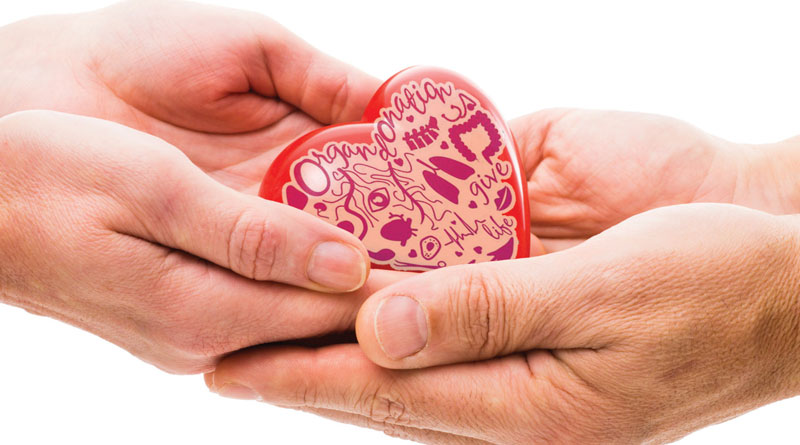
Few years ago I filled out the form and put myself on the list and glad I did .
I did it at the VA but now see you can do it at the drivers license place .
I do think those on the organ donor list should have priority over those not on the list as far as if they need an organ but as of now its not that way .